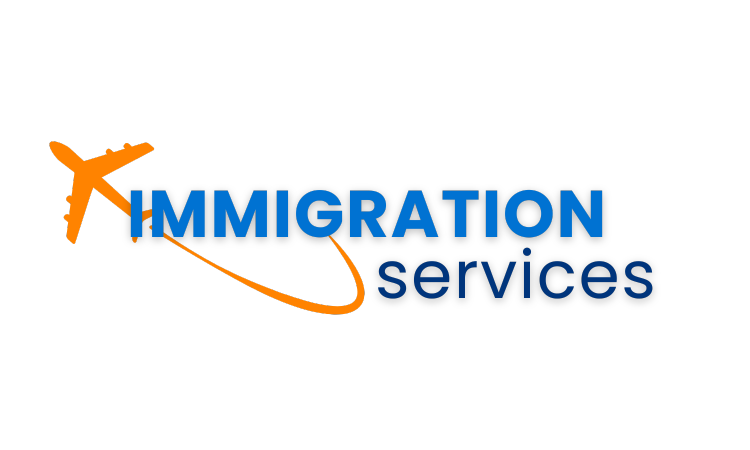In today’s interconnected world, many individuals seek the freedom and flexibility to live, work, and invest beyond their borders. This pursuit often leads to exploring various pathways that grant residency, citizenship, or the ability to work in another country. While the terms might seem interchangeable, key distinctions exist between residency by investment, investment passports, working visas, and citizenship. Understanding these differences is crucial for making informed decisions when charting your global mobility journey.
Residency by Investment: A Stepping Stone to Belonging
Residency by investment (RBI) programs offer a fast track to obtaining residency status in a particular country. These programs are designed to attract foreign investment and stimulate economic growth. Participation typically involves making a specific minimum investment in the chosen country, such as real estate, government bonds, or business ventures.
Benefits of Residency by Investment:
- Faster Processing: Compared to traditional residency applications, RBI programs offer a quicker path to residency,often taking months instead of years.
- Freedom of Movement: RBI often grants residency rights within the specific country, allowing you to live, work,and study there. Some programs might offer additional benefits like visa-free travel within designated regions.
- Lifestyle Benefits: Gaining residency opens doors to enjoying a higher standard of living, a more favorable tax environment, and access to quality healthcare and education systems.
- Pathway to Citizenship: Many RBI programs act as a stepping stone towards obtaining full citizenship after fulfilling specific residency requirements.
Investment Passports: A Global Citizen’s Toolkit
Investment passports take the benefits of residency by investment a step further. By making a significant investment,individuals can acquire a second passport from the issuing country, essentially becoming a global citizen. This opens doors to a wider range of advantages:
- Visa-Free Travel: Investment passports often grant visa-free access to a multitude of countries, allowing for greater travel freedom and flexibility.
- Global Mobility: Holding a second passport eases international travel restrictions and simplifies the process of obtaining visas for countries that might require them.
- Tax Advantages: Some countries offering investment passports boast favorable tax regimes for their citizens,potentially leading to tax benefits.
- Enhanced Business Opportunities: A second passport can provide a strategic advantage for entrepreneurs and investors seeking to expand their business operations internationally.
Working Visas
Working visas are temporary permits that allow individuals to work legally in a country other than their own. These visas are typically sponsored by an employer within the host nation and require meeting specific job requirements and qualifications.
Considerations for Working Visas:
- Employer Sponsorship: Securing employment in the desired country is crucial as the employer initiates and sponsors the work visa application.
- Skill-Based Requirements: Most work visas are granted based on possessing specific skills or expertise deemed necessary for a particular job role.
- Limited Scope: Working visas typically limit residency rights to working for the sponsoring employer and may not extend to family members.
- Renewal Requirements: Working visas are temporary and have renewal deadlines. Maintaining employment with the sponsoring company is often necessary for visa renewal.
Citizenship: The Ultimate Belonging
Citizenship refers to a legal status that grants an individual full rights and privileges within a particular country. Citizens are entitled to vote, hold public office, access social security benefits, and enjoy unrestricted residency within their home nation.
Paths to Citizenship:
- Birthright Citizenship: Many countries grant citizenship automatically to individuals born within their borders,regardless of their parents’ citizenship status.
- Descent Citizenship: Some countries allow individuals to claim citizenship based on their parents’ or grandparents’ citizenship status.
- Naturalization: The most common path to citizenship involves residing in a country for a specific period under a valid residency status and fulfilling additional requirements like passing language tests or demonstrating integration into the local community.
Choosing the Right Path
The choice between residency by investment, investment passports, working visas, and citizenship depends on your individual goals and aspirations:
- Seeking a Lifestyle Change with Business Opportunities: Residency by investment programs can be ideal for those seeking a better quality of life and business prospects in a new country.
- Prioritizing Global Mobility and Travel Freedom: Investment passports offer the ultimate freedom in terms of global mobility and visa-free travel.
- Building a Career Abroad: For individuals with sought-after skills, working visas can provide the opportunity to work and potentially establish themselves in a new country.
- Obtaining Full Rights and Privileges: Citizenship is the ultimate goal for those seeking complete integration and belonging within a chosen nation.





0 Comments